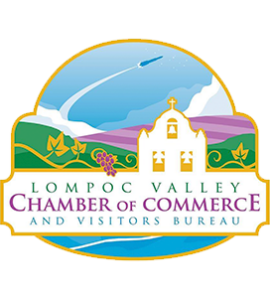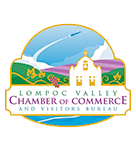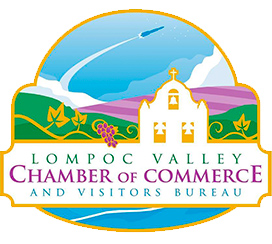Before the Sign Goes Up: A Ground-Level Guide to Franchise Readiness
The idea of opening a franchise holds a magnetic pull for anyone wanting to step into business with the support of an established brand. But between the polished brochures and inspirational testimonials lies a more sobering truth: franchising isn’t a shortcut to success. It’s a structured, often rigid ecosystem where independence meets corporate blueprint, and where success hinges less on brand power and more on the operator’s grit, judgment, and preparation. Knowing what to weigh before taking the plunge can make the difference between a thriving venture and an expensive learning experience.
Know the Business Beyond the Brand
A recognizable logo and national commercials don’t tell the whole story. Potential franchisees often conflate brand awareness with profitability, but familiarity doesn’t guarantee margins. You need to understand the specific mechanics of the business—what it costs to operate, what drives foot traffic, what the average ticket size is, and how much volume is needed to turn a profit. Look under the hood: read Franchise Disclosure Documents carefully, speak to multiple current owners (not just the star performers corporate parades out), and spend time observing operations firsthand before committing.
Capital Isn’t Just About the Buy-In
While the franchise fee grabs attention, it's often the least of the financial hurdles. There's equipment, real estate, inventory, staffing, permits, insurance, training—costs that creep up quickly and can squeeze cash flow before the first customer walks in. On top of that, monthly royalties and marketing fees skim off gross sales, not net. Having sufficient capital isn’t just about covering the start-up; it’s about having enough runway to survive the early months, which can be lean and unpredictable even in the best of systems.
Financial Tools Should Be Flexible and Adaptable
Implementing a document management system to handle business financials helps streamline workflows, reduce manual errors, and ensure better access to critical data. When financial records come in static formats like PDFs, converting a PDF to Excel allows for easy manipulation and analysis of tabular data, providing a more versatile and editable format. This enables businesses to not only adjust and interpret numbers more fluidly, but also to resave the updated file as a PDF once edits are complete for archiving or sharing. There are several methods to extract data from PDF files that support this process, each offering varying levels of accuracy and efficiency depending on the complexity of the document.
Labor is More than Scheduling Shifts
Franchise models reliant on low-wage or hourly labor come with a unique set of challenges—turnover, training, compliance, and morale chief among them. Even with a proven system, consistent service delivery hinges on people who may not see the job as more than a paycheck. Building a team culture from day one, having systems to train and retain, and understanding the local labor pool are crucial. It's one thing to follow a manual; it's another to get a rotating cast of workers to care about doing so.
Legal Isn’t a One-Time Check Box
Signing the Franchise Agreement is only the beginning of a legal relationship that may span decades. These contracts are thick, full of obligations, renewal conditions, territory rules, and exit terms. Many operators don’t realize how limited their rights are until they try to sell, relocate, or challenge a corporate decision. A lawyer familiar with franchise law—not just general business law—should be involved early, not just to read the fine print but to interpret it in plain language and flag future constraints.
Don’t Assume Marketing Will Be Done For You
A common trap is assuming national marketing means local visibility. Most franchisors handle brand-level campaigns, but attracting and retaining customers in a specific community usually falls on the operator. Local outreach, partnerships, events, and digital presence often require your hustle. Franchisees who thrive understand this and get scrappy—sponsoring local teams, showing up at community events, or running geo-targeted ads. Corporate brand recognition might get someone in the door once; what brings them back is a local presence that feels genuine and connected.
Opening a franchise isn’t buying a business in a box. It’s entering a relationship—part marriage, part contract—with a brand that has its own rhythm, priorities, and expectations. There’s structure, but not safety; support, but not absolution. Success lies not in the brand’s reputation but in the operator’s ability to adapt, learn, lead, and push through the challenges that inevitably surface. The people who make it work don’t just believe in the product—they’re ready to build something personal under someone else’s name, with both eyes open.
Discover the charm and adventure of Lompoc by visiting the Lompoc Valley Chamber of Commerce & Visitors Bureau and explore everything our vibrant community has to offer!



